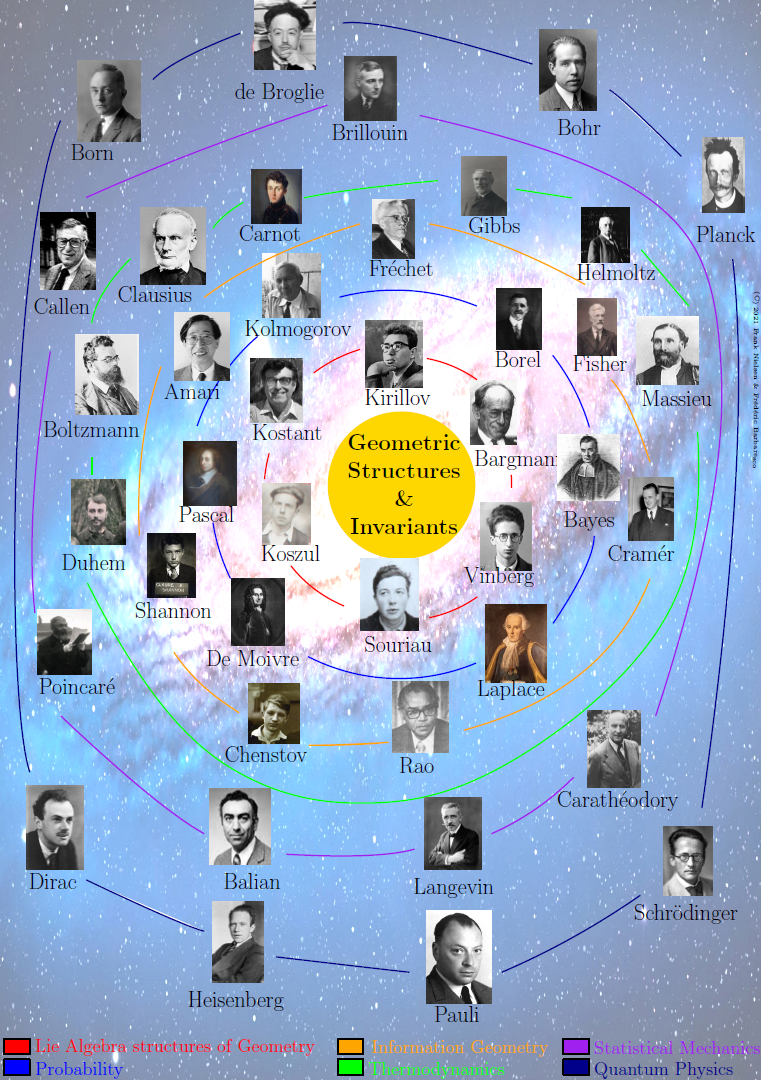TL;DR -- Josiah is a descendant and a well-known contributor to the development of a major theory in physics: thermodynamics. We will look at both his work and his pedigree.
--
In our studies related to the Science of Technology, we will be running into many names. Some will not be American (such as Noether). Some will be American, and, of those, we will look for New England associations. The series on the Harvard Presidents is an example. We started this when we ran into a New Yorker article on James Bryant Conant. That got us to looking at all of the Presidents.
Recall, one motivator for this work related to technology is machine learning (ML) masquerading as artificial intelligence (AI). But, in general, we want to follow the evolution of STEM along with the advance of the U.S. whose 250th is coming up.
The Nobel prizes this year were a motivator,as well, with the focus on computation: Physics (neural nets); Chemistry (protein folding); Medicine (microRNA).
Now, back to New Englanders, some will be descendants of Thomas Gardner and Margaret Fryer. We ran into one this week. Josiah Willard Gibbs (Wikipedia; WikiTree). How did we get to him? In our technology studies, we are looking at the foundations of science. In that regard, thermodynamics is important. There are many other types of dynamics. Right now, we are considering those related to science and engineering but will broaden the scope as we go along.
A well-known treatise on the subject was written by Max Planck (archive.org). Planck references several prior researchers, such as van der Waals. But, Gibbs is a frequent reference. On looking further, we found his association with James Clerk Maxwell (well-known contributor to mathemattican physics) and one of his detailed books on entropy that published his experimental work: On the Equilibrium of Heterogeneous Substances. We will use this work to leverage several discussions about knowledge and machine learning.
So, Josiah will feature in future posts. He is a descendant of Thomas and Margaret via their son George. He is mentioned in later edition of Dr. Frank's book (1933: pg 63).
Postnote: It is fortunate for us that we can use a Thomas descendant to scrutinize machine learning along several frameworks in our technology research. As such, this focus will cover both the U.S. and European contributions, indexed according to the times of the Nobel prizes with Planck's efforts as central to the discussion.
12/18/2024 -- Gibbs is on this graphic from the Geometric Science of Information site.
01/26/2025 -- Gibbs was first in traisping through vector spaces: The Stargate Project.


No comments:
Post a Comment